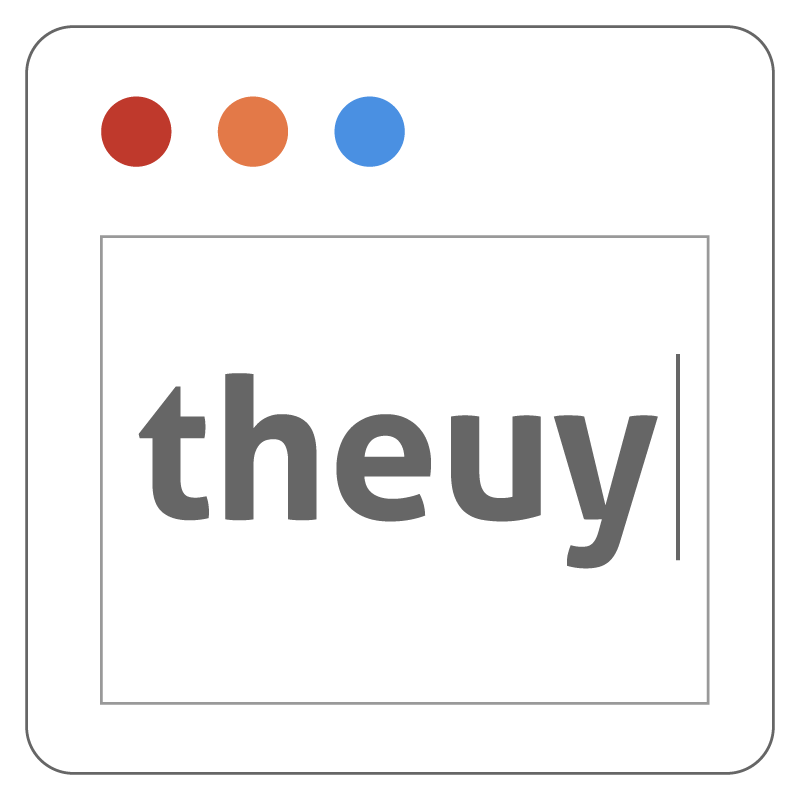The Digital Market Act (DMA) package, set to come into effect in 2021, is an important new set of rules and regulations that will have a major impact on software development companies. With the increased focus on digital commerce and online services, the DMA is a crucial piece of legislation that will help ensure fair competition and protection for businesses across the EU. In this blog post, we'll explore three key benefits of the Digital Market Act for software developers.
The act creates a level playing field
One of the key benefits of the Digital Market Act package for software development companies is that it creates a level playing field. By creating a set of digital market rules and regulations, the act ensures that all companies have an equal opportunity to compete. Companies no longer have to worry about being disadvantaged due to their size or lack of resources.
The Digital Market Act requires digital marketplaces to provide “fair and reasonable terms and conditions” in order to ensure that all businesses are treated fairly. This means that larger companies cannot use their size or resources to gain an unfair advantage. Additionally, the act encourages open and transparent pricing structures. This helps to ensure that prices remain competitive and reasonable for everyone involved.
The act also encourages companies to offer clear product descriptions and reviews. This helps customers to make informed decisions and provides companies with the opportunity to demonstrate their products’ features and value. Overall, the Digital Market Act provides a platform for software development companies to compete on a level playing field.
The act protects small businesses
The Digital Market Act package is designed to protect smaller software development companies from being outmaneuvered by larger competitors. The package includes a number of safeguards that help ensure that small businesses have a fair chance of succeeding in the digital market.
For example, the Digital Market Act contains provisions for equal access to markets and prevents large companies from taking advantage of their size by offering products or services at unfair prices. It also places limits on how much market share a company can have and sets rules for how long they can dominate a particular market.
In addition, the Digital Market Act sets limits on how much information large companies can collect and use when competing with small businesses. This helps level the playing field between smaller and larger firms, giving small business owners an opportunity to succeed in the digital market.
The Digital Market Act also contains provisions that allow smaller businesses to band together and work together to challenge larger companies. By allowing small companies to form a coalition, it increases the chances of success for those smaller firms.
Ultimately, the Digital Market Act provides an important layer of protection for small businesses in the digital market. The act's provisions help ensure that small businesses have an equal opportunity to succeed in the digital marketplace, giving them the chance to compete with larger firms on a more even footing.
The act promotes innovation
The Digital Market Act package is designed to promote innovation in the software development industry. The act seeks to remove existing barriers to entry, enabling companies of all sizes to compete on a level playing field. Additionally, the act provides measures to ensure that small businesses have the same access to funding and resources as larger ones, encouraging more dynamic competition. This means that smaller, innovative companies have a better chance of success, leading to more creative products.
Furthermore, the act supports open data sharing and collaboration, allowing developers to benefit from the expertise of other software professionals. This encourages the development of new ideas and processes, allowing for greater creativity in the industry. The openness of the digital market also allows for faster iteration and adaptation of ideas, allowing developers to create products more quickly and efficiently.
Finally, the act enables developers to monetize their work more easily. By increasing access to funding, developers have more opportunities to turn their ideas into profitable products. This encourages developers to continue innovating and pushing the boundaries of software development.
Overall, the Digital Market Act package provides important support for innovation in the software development industry. By providing a level playing field, protecting small businesses, and enabling easier monetization of products, the act encourages creativity and encourages developers to create innovative products.



